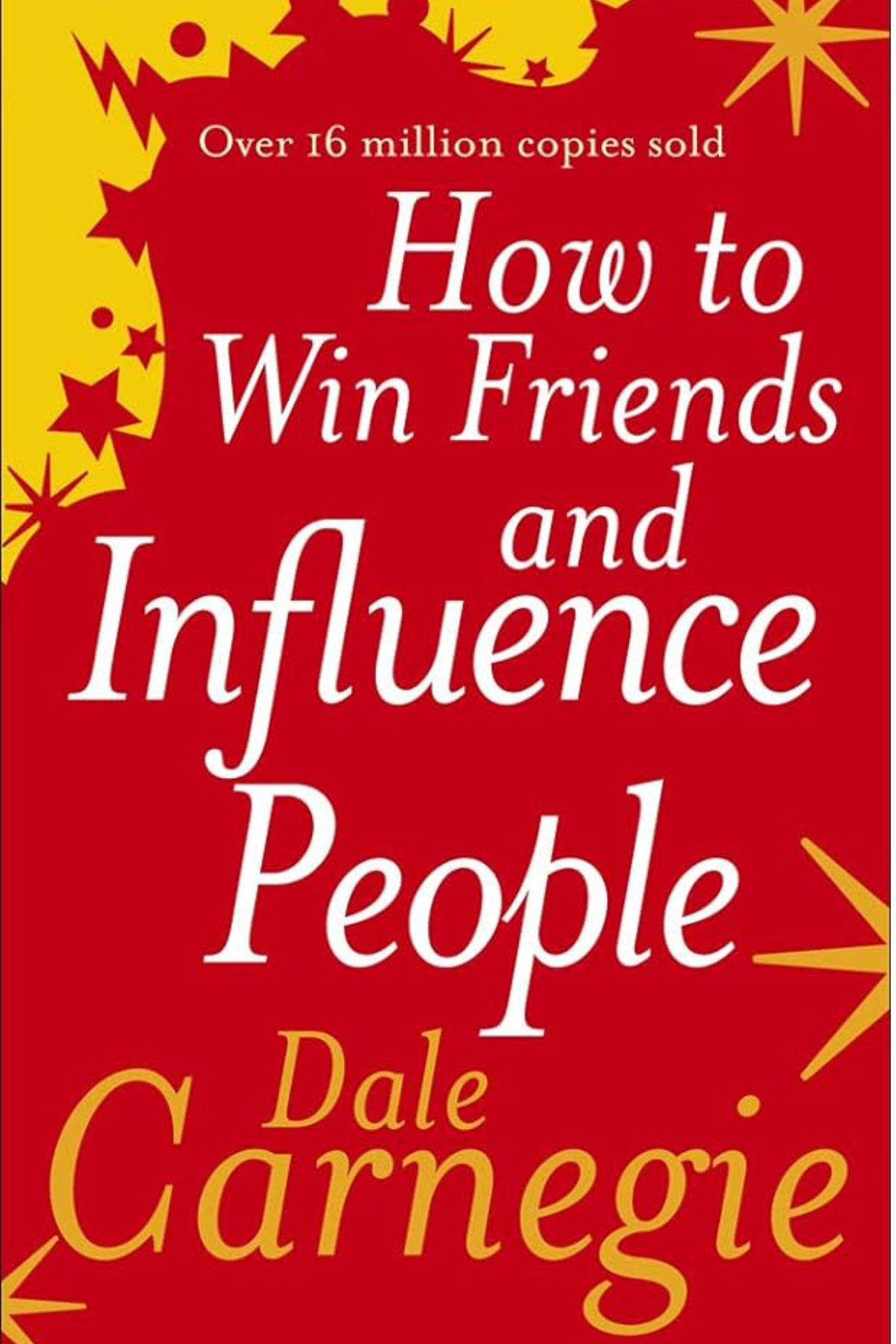You can make more friends in two months by becoming interested in other people than you can in two years by trying to get other people interested in you.
- Dale Carnegie
As an introvert, I sometimes find making new friends quite challenging. As a consultant, however, engaging with clients is critical to the success of any project. In search of a book that could help me improve in this area, I came across How to Win Friends and Influence People by Dale Carnegie. It’s not a new book—in fact, it was written decades ago—but its insights have stood the test of time. The techniques Carnegie shares haven’t aged; if anything, they’ve only grown more relevant.
As the subtitle promises—“The Definitive Book on Value Investing”—I was blown away by Graham’s timeless insights. His writing, rich in depth and literary flair, makes this much more than a dry finance textbook. This is another book I simply can’t summarise—not because it lacks clarity, but because:
If one is looking for cutting-edge methods or the latest psychological tricks for dealing with people, this may not be the book for you. It doesn’t offer anything revolutionary. Instead, it reminds us of simple, timeless truths—concepts we all know deep down but rarely stop to reflect on. What makes Dale Carnegie different is the way he brings these ideas to life through vivid examples—some drawn from his students, others from well-known figures in history.
If I were to summarise the key message of How to Win Friends and Influence People in a few words, it would be: be sympathetic, give people space to talk about themselves, and make them feel appreciated and important. Deep down, we all want to be seen, heard, and valued—whether we’re introverted or extroverted. This desire is part of human nature. At the same time, Carnegie draws a clear line between flattery and authenticity. As he says, it’s not about offering empty compliments, but about genuinely showing interest in others and meaning what you say.
Of course, simply reading the book isn’t enough. Like any practical guide, its value comes from applying its lessons in real life. Just recently, my downstairs neighbour knocked on my door twice in a rage, complaining about noise. My initial reaction was also anger. But in that moment, the lessons from this book came back to me: try to see things from the other person’s perspective, show understanding, and aim to defuse rather than escalate. Though it felt uncomfortable, it worked. That small shift in mindset changed the outcome entirely. There are many moments in life and work where these principles can be practiced—and they make a real difference.
There are countless books out there teaching us science, business and so much more. Few focus on what is perhaps the most critical skill of all: how to deal with people. How to Win Friends and Influence People is one of those few—and that’s what makes it truly enduring
